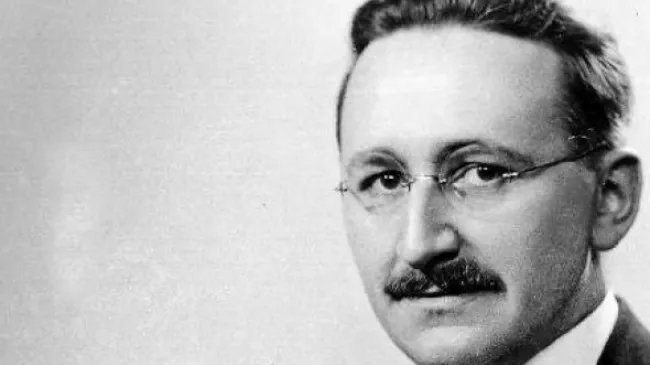Considerations and Reflections of a Veteran Reactionary Libertarian
In this provocative and unfiltered lecture, Hoppe reflects on war, empire, the Frankfurt School, Javier Milei, and why libertarians must reject both the left and the right to defend true freedom.









